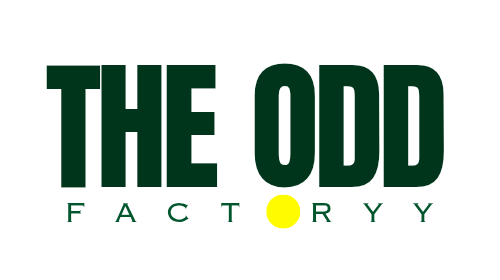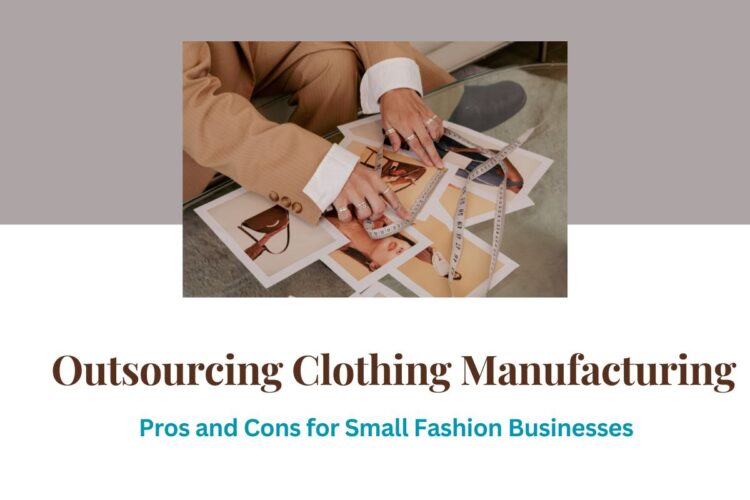In the dynamically competitive world of fashion, small businesses are constantly seeking efficient strategies for production. One avenue is outsourcing their clothing manufacturing. However, entrusting your visions to clothing manufacturers, whether to those in bustling centers like Dubai or traditional powerhouses like German Clothing Manufacturing Companies or even the best garment manufacturers in India, involves weighing several pros and cons. This comprehensive guide delves into the key aspects of outsourcing in the clothing industry, helping small fashion brands make informed decisions.
How do you Outsource Manufacturing in the Clothing Industry?
Outsourcing manufacturing may seem daunting, but understanding the process is the first step towards leveraging its potential. This section provides insights into identifying and collaborating with ideal partners, setting clear agreements, and ensuring your brand’s standards are upheld, whether you\’re dealing with clothing manufacturers in Dubai, Germany, or India.
Pros of Outsourcing Clothing Manufacturing:
- Stress-free from Hiring & Training: Explain how outsourcing eliminates the challenges of recruiting, managing, and training specialized in-house teams, as experienced manufacturers already possess the skilled workforce required.
- Cost Savings: Discuss the financial benefits, including lower production costs, reduced capital expenditure, and minimized overheads, particularly in contrast to local manufacturing.
- Improved Efficiency and Productivity: Delve into how professional clothing manufacturers can optimize production timelines due to their expertise, advanced equipment, and more.
- Increased Flexibility: Describe the ability to adapt to market changes, demand fluctuations, and evolving fashion trends without significant operational disruptions.
- Access to Skilled Labor and Scalability: Explore the access to skilled artisans and the possibility of scaling production up or down without the complexities of managing a larger workforce.
- Focus on Core Competencies: Explain how outsourcing allows businesses to concentrate on design, marketing, and other core operational aspects, driving brand growth.
- Risk Mitigation and Reduced Risk: Discuss how reputable manufacturers assume various risks associated with production, thereby shielding small businesses.
- Innovation and Technology: Highlight the access to cutting-edge technology and innovative methods employed by established manufacturers.
Cons of Outsourcing Clothing Manufacturing:
- Quality Control Challenges: Address the difficulties in monitoring and enforcing quality standards from a distance and the potential discrepancies in expectations.
- Additional Costs and Supply Chain Risks: While initial figures may be lower, discuss hidden, unexpected expenses, including logistics, import duties, and potential supply chain disruptions.
- Ethical Concerns: Scrutinize the reputational risks associated with unethical labor practices and unsustainable production processes that some overseas manufacturers might employ.
- Communication Barriers: Identify the challenges posed by different time zones, language barriers, and cultural differences in business etiquette.
- Supply Chain Vulnerabilities and Minimum Order Quantities (MOQs): Discuss the pressure of meeting MOQs and the complications related to global logistics, including longer lead times and customs hold-ups.
- Loss of Control and Brand Identity Concerns: Debate the potential disconnect in ensuring the final product reflects the brand’s identity and standards due to reduced oversight.
- Dependency on Suppliers and Market Competition: Examine the risks of being dependent on external suppliers and increased competition, especially when manufacturers work with multiple clients, possibly even your competitors.
Outsourcing clothing manufacturing is a strategic decision with its fair share of advantages and drawbacks. For small fashion businesses, the key lies in thorough research, understanding market nuances, and forging partnerships with manufacturers who respect their vision, be it local artisans or global giants in the clothing industry. The ideal outsourcing partnership balances cost-effectiveness with ethical business practices, ensuring that your brand not only thrives financially but also upholds its reputation and values.
By laying out this roadmap, small fashion enterprises can navigate the complex, often challenging world of outsourcing, making decisions that align with their business models, ethical considerations, and growth trajectories. Whether partnering with the best garment manufacturers in India, exploring collaborations with clothing manufacturers in Dubai, or tapping into the precision offered by German Clothing Manufacturing Company, the journey is about creating fashion that’s efficient, sustainable, and true to your brand’s essence.



